Breakfast, touted as the most vital meal of the day, plays a crucial role in determining our productivity. However, amidst the morning rush, opting for a quick fast-food breakfast often seems like the only feasible choice. While navigating through the drive-thru, locating a nutritious meal can be challenging, considering the abundance of empty calories and added sugars found in many fast-food breakfast options. Nevertheless, there is hope.
Several restaurant chains have made commendable efforts to introduce healthier alternatives to their traditionally fried or sugar-laden offerings. Consequently, it is now easier than ever to discover fast-food breakfasts that strike a balance with protein, fiber, and quality carbohydrates. However, the greatest hurdle faced by today's consumers lies in distinguishing genuinely wholesome menu items from deceptive imposters. Alas, some of these supposedly "healthy" breakfast orders disguise their true nature and contain more sugar than a 12-ounce can of Coke!
To put things into perspective, a standard 12-ounce can of original Coca-Cola contains approximately 39 grams of sugar, equivalent to nearly 10 teaspoons of this sweetening agent. This amount alone constitutes nearly 80% of the recommended daily limit for added sugar intake. Now, imagine consuming a seemingly light fast-food breakfast, believing it to be nutritious and beneficial for your body, only to discover that it contains an even higher sugar content than this indulgent beverage. It's reminiscent of the words of the prolific singer/songwriter Alanis Morisette: "Isn't it ironic—don't you think? A little too ironic."
So, which fast-food breakfasts that masquerade as "healthy" truly exceed the sugar content of a can of Coca-Cola? Let's dive in and reveal the answers.
Understanding the Sugar Threshold for a Healthy Breakfast
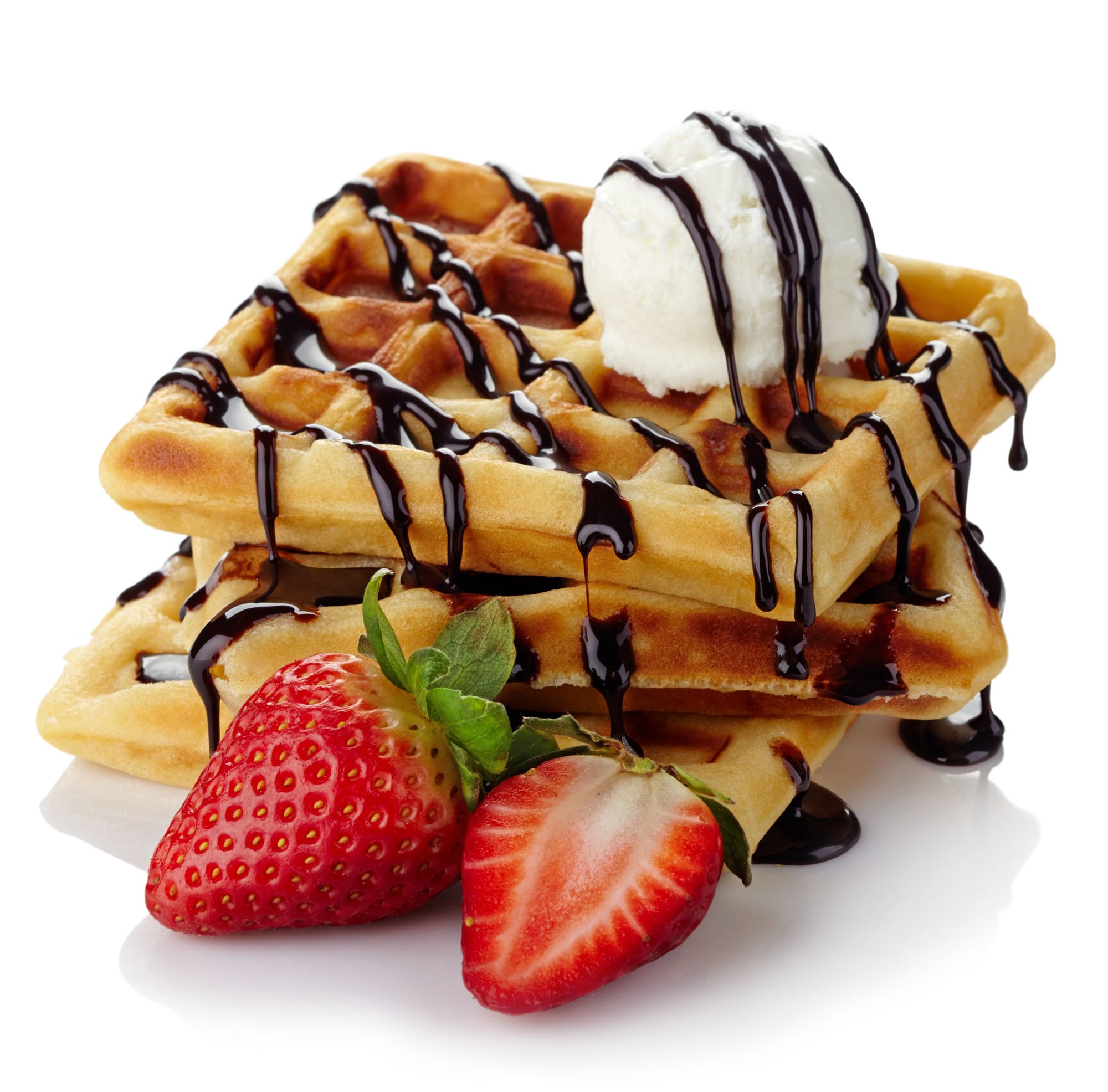
"The amount of sugar suitable for a nutritious breakfast varies based on factors like individual calorie requirements and health conditions," explains Mary Sabat MS, RDN, LD. "Nevertheless, it is generally advised to limit added sugars."
According to Sabat, the American Heart Association recommends women to consume no more than 25 grams (6 teaspoons) of added sugars daily, while men should aim for no more than 36 grams (9 teaspoons). "Considering this, it is wise to minimize sugar content in your breakfast or choose options with minimal added sugars," suggests Sabat.
Lauren Manaker, MS, RDN, a registered dietitian and author, supports Sabat's perspective on the AHA's guidelines. "Clearly, we should not surpass these limits during breakfast, as that would mean consuming zero added sugar for the rest of the day," says Manaker.
Sabat highlights that the World Health Organization (WHO) suggests keeping added sugar intake below 10% of total daily calorie intake, which translates to around 50 grams (12 teaspoons) for an average adult consuming 2,000 calories per day. However, it's important to differentiate between added sugars and naturally occurring sugars in whole foods like fruits and dairy products. Prioritizing whole, unprocessed foods and limiting sugary beverages, desserts, and heavily processed snacks is generally advised for a balanced and healthy diet.
As a rule of thumb, Manaker recommends limiting added sugar intake at breakfast to approximately one-third of the daily allowance—around three teaspoons (12 grams) for men and two teaspoons (8 grams) for women maximum. "If you find yourself consuming a substantial amount of added sugar later in the day, this limit at breakfast should be even lower," she advises.
While many aspire to prepare a well-rounded homemade breakfast every morning, it's not always feasible. Fast-food options become a convenient choice at times. However, avoiding added sugars can be challenging. Being aware of the recommended daily limits for sugar intake and identifying seemingly "healthy" fast-food breakfast items that are actually high in sugar empowers individuals to make more wholesome choices when scanning the menu.
The Impact of Excessive Sugar in Your Breakfast on Your Health

Opting for a high-sugar breakfast can have detrimental effects on your well-being. Mary Sabat highlights several potential consequences associated with consuming excessive grams of sugar in your morning meal:
Weight gain: Sabat explains that consuming an excessive amount of sugar adds empty calories without providing significant nutritional value, contributing to weight gain.
Increased risk of chronic disease: High sugar intake has been linked to an elevated risk of developing chronic conditions such as obesity, type 2 diabetes, heart disease, and certain types of cancer.
Energy crashes: A large intake of sugar leads to a rapid increase in blood sugar levels, followed by a sharp drop, resulting in energy crashes and feelings of fatigue.
Dental problems: Sugar is a primary contributor to tooth decay and cavities, especially when consumed frequently and not followed by proper oral hygiene.
It is evident that regularly consuming excessive amounts of added sugar can be detrimental to your body. However, discerning which fast-food breakfast options are genuinely nutritious and which ones are deceivingly high in sugar can be challenging. To assist you in identifying some of these unhealthy fast-food breakfasts masquerading as "healthy" choices, we have compiled a list of menu items that exceed the sugar content of a 12-ounce can of Coke, which contains 39 grams of sugar.
1) Dunkin' Blueberry Muffins
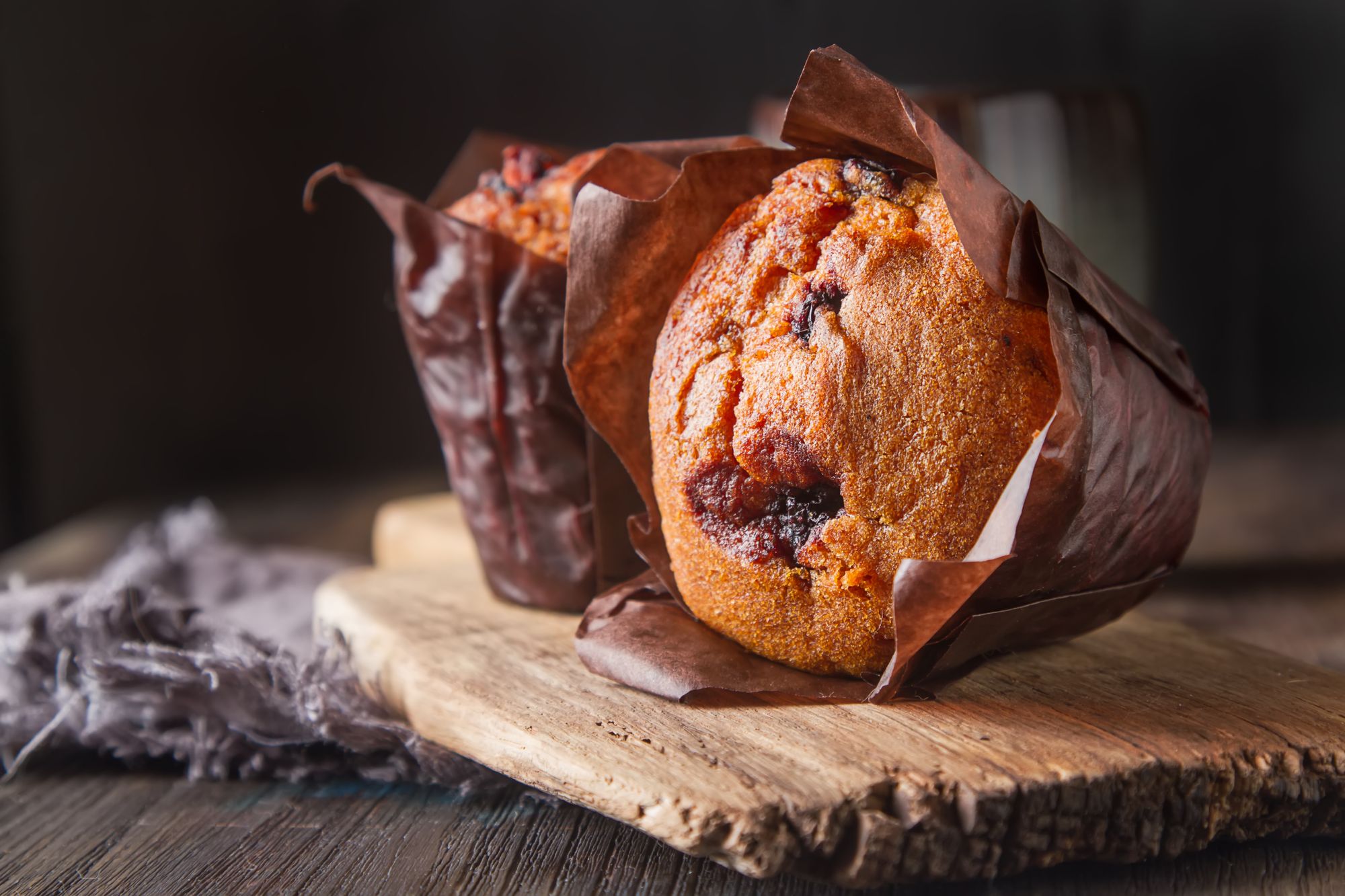
Sugar per muffin: 45 grams
Despite the inclusion of nutritious blueberries, Dunkin' Blueberry Muffins contain a staggering 45 grams of sugar per muffin. This seemingly "healthy" breakfast choice not only surpasses the sugar content of a can of Coca-Cola but also provides just 1 gram of fiber, which may not satisfy your morning hunger.
2) Au Bon Pain's Blueberry Yogurt & Wild Blueberry Parfait
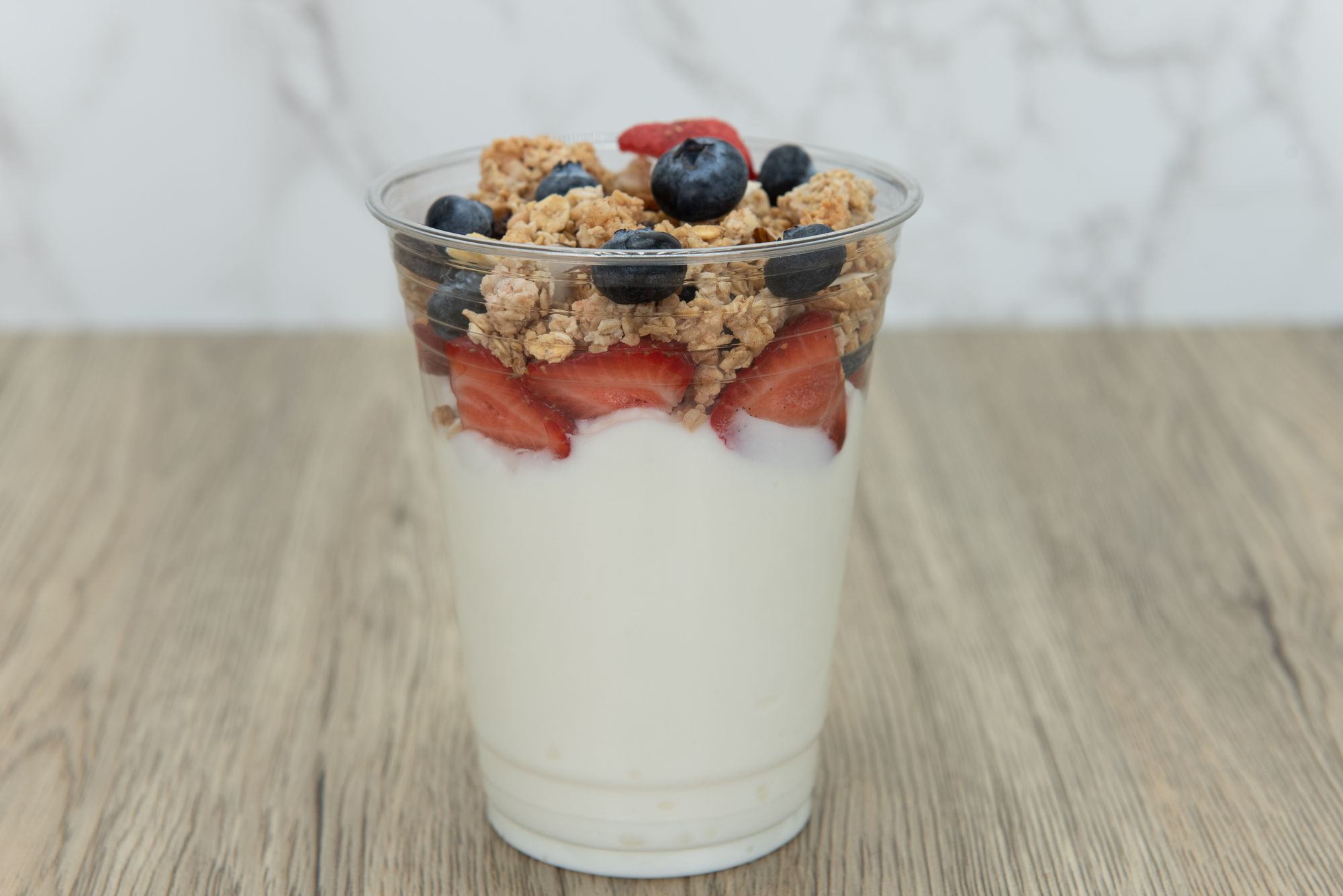
Sugar per parfait: 45 grams
Another "healthy" breakfast order with more sugar than a can of Coca-Cola is Au Bon Pain's Blueberry Yogurt & Wild Blueberry Parfait. While wild blueberries offer health benefits, the combination of granola and blueberry-flavored yogurt contributes to the added sweetness. For a less sugary alternative, consider Au Bon Pain's Vanilla Greek Yogurt Parfait with blueberries, containing only 31 grams of sugar.
3) Cranberry Orange Muffin From Panera

Sugar per muffin: 42 grams
Panera's Cranberry Orange Muffin contains 42 grams of sugar, surpassing the sugar content of a 12-ounce can of Coke by 3 grams. Topped with turbinado sugar, this seemingly small muffin packs an extra sugary punch.
4) Pumpkin Muffin From Panera

Sugar per muffin: 40 grams
Despite containing real pumpkin, Panera's Pumpkin Muffin is topped with powdered sugar and streusel, elevating its sugar content to 40 grams per muffin. This autumn-flavored treat constitutes 80% of the recommended daily sugar intake.
5) Fresh-Baked Oatmeal Bars From Wendy's
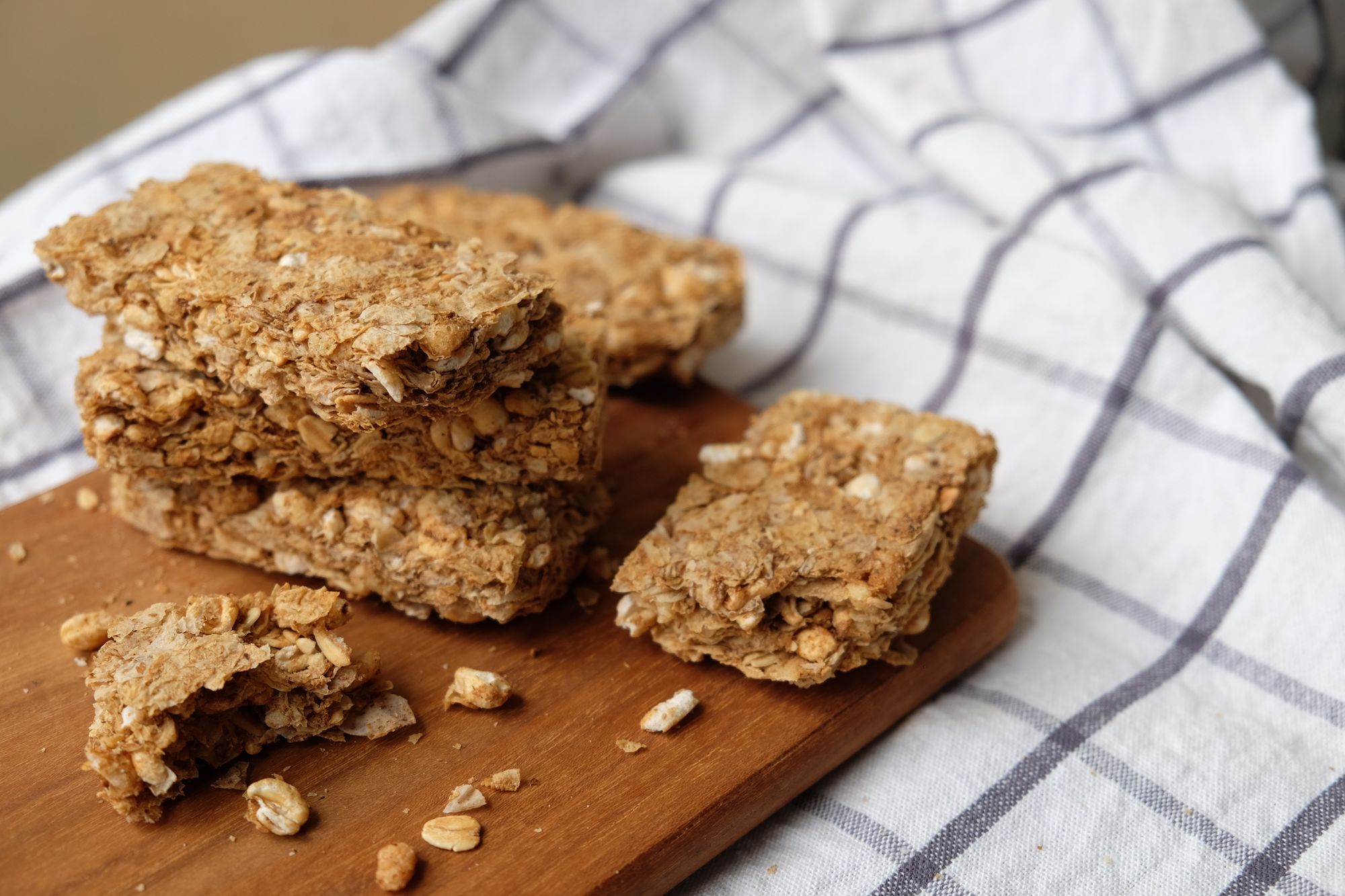
Sugar per 2 bars: 46 grams
Wendy's Fresh-Baked Oatmeal Bars, totaling 46 grams of sugar for two bars, may tempt you to consume both for a filling breakfast. However, with 280 calories and 23 grams of sugar per bar, these bars resemble more of an oatmeal cookie than a nutritious hot cereal.
6) McDonald's Small McCafe Latte and Fruit & Maple Oatmeal

Total sugars in this order: 42 grams
Although individually the sugar content of a small McCafe Latte (11 grams) and a bowl of Fruit & Maple Oatmeal (31 grams) seems reasonable, combining them can quickly increase your sugar intake. It's important to be mindful of your overall sugar consumption when ordering a breakfast combo.
7) Au Bon Pain's On-the-Go Granola & Fruit Cup
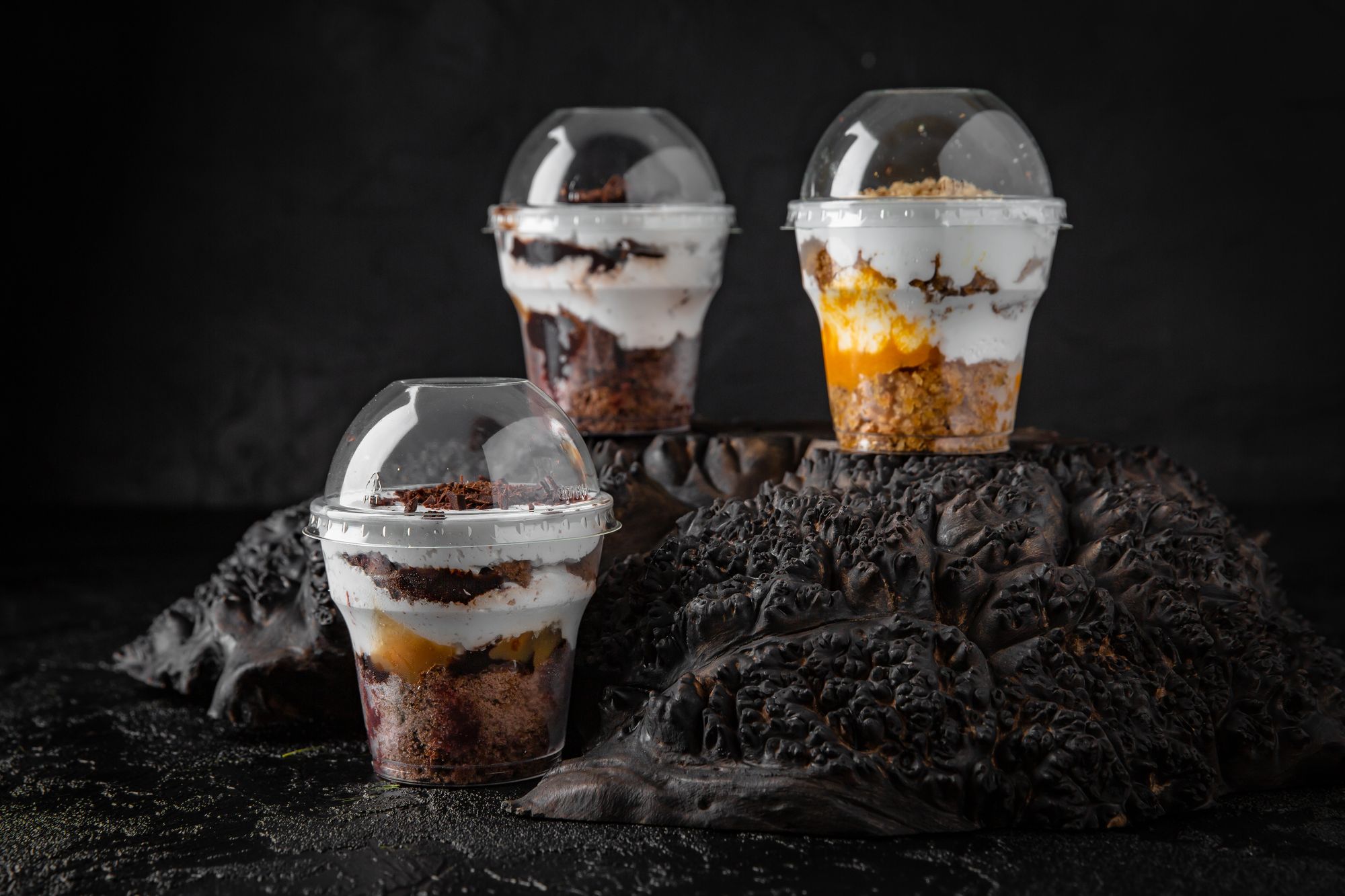
Total sugars in this order: 51 grams
While a cup of fresh fruit is generally a healthy choice, Au Bon Pain's On-the-Go Granola & Fruit Cup contains a total of 51 grams of sugar. When paired with Au Bon Pain's Signature Granola, which adds 35 grams of sugar, this breakfast option ends up with 12 grams more sugar than a 12-ounce can of Coke.
Being aware of the surprising sugar content in seemingly "healthy" breakfast options empowers you to make more informed choices when it comes to starting your day off right.

